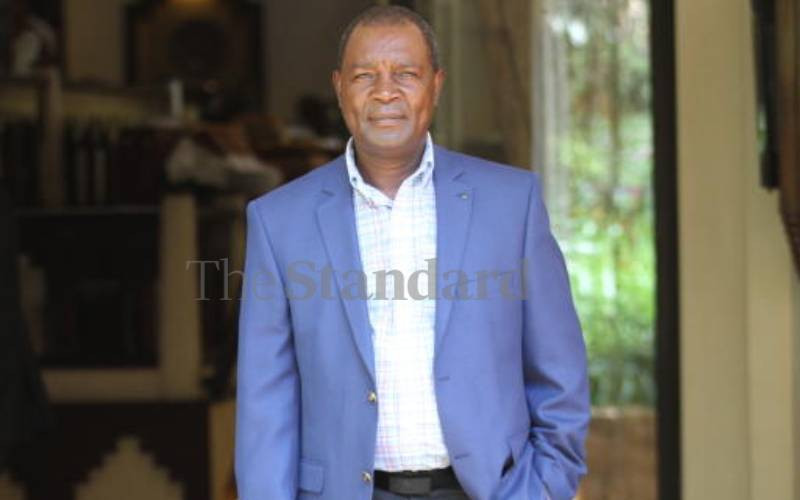×
The Standard e-Paper
Join Thousands Daily

All eyes will be on President William Ruto's top money man, Prof Njuguna Ndung'u on Thursday as he reads one of the most awaited national budgets for the financial year 2023-24.
National Treasury Cabinet Secretary will on Thursday afternoon make the brief but ceremonious traditional trip from the hallowed walls of the Treasury Building to Parliament for the country's most awaited big day.







